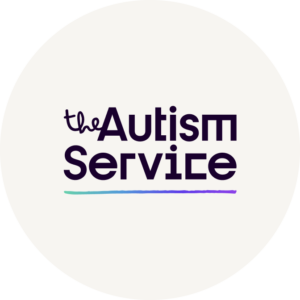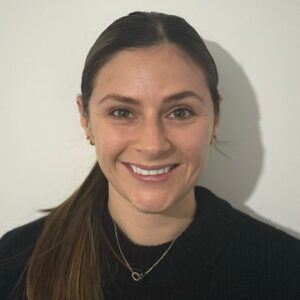Dr Laurie Powis is a clinical psychologist who brings a wealth of experience and knowledge about neurodevelopmental disorders, learning disability, and genetic syndromes to the table and, as such, she is The Autism Service’s clinical pathway lead for ADHD assessments. She continues to work part-time in the NHS with adults with a learning disability, having previously provided clinical leadership to both ASD and ADHD assessment services.
Prior to her professional training, she completed a PhD, which focused on understanding cognitive and behavioural differences in rare genetic syndromes. Dr Powis has published several papers in academic peer-reviewed journals relevant to her clinical practice:
Ellis, K., Lewington, P., Powis., L., Oliver, C., Waite, J., et al. (2020). Scaling of Early Social Cognitive Skills in Typically Developing Infants and Children with Autism Spectrum Disorder. Journal of Autism and Developmental Disorders. 50, 3988-4000.
Richards, C., Powis, L., Moss, J., Stinton, C., Nelson, L., & Oliver, C. (2017). Prospective study of autism phenomenology and the behavioural phenotype of Phelan McDermid syndrome: Comparison to fragile X syndrome, Down syndrome and idiopathic autism spectrum disorder. Journal of Neurodevelopmental Disorders. 9 (37).
Powis, L., & Oliver, C. (2014). The prevalence of aggression in genetic syndromes: A review. Research in developmental disabilities. 35(5), 1051-1071.
Oliver, C., Arron, K., Powis, L., & Tunnicliffe, P. (2011). Cornelia de Lange, Cri du Chat and Rubinstein Taybi Syndromes. In P. Howlin, T., Charman, M., & Ghaziuddin (Eds.). The SAGE Handbook of Developmental Disorders. (pp. 239-260). Sage: London.
Powis, L. A., Apperly, I., Nelson, L. & Oliver, C. (2010). Linking social cognition to the social phenotype in Rubinstein Taybi syndrome. Journal of Applied Research in Intellectual Disability. 23, 219.
Powis, L., Waite, J., Apperly, I., Beck, S., & Oliver (2009). Linking social cognition and executive functioning to phenotypic behaviours in Rubinstein Taybi syndrome. Journal of Intellectual Disability Research, 53:835.




